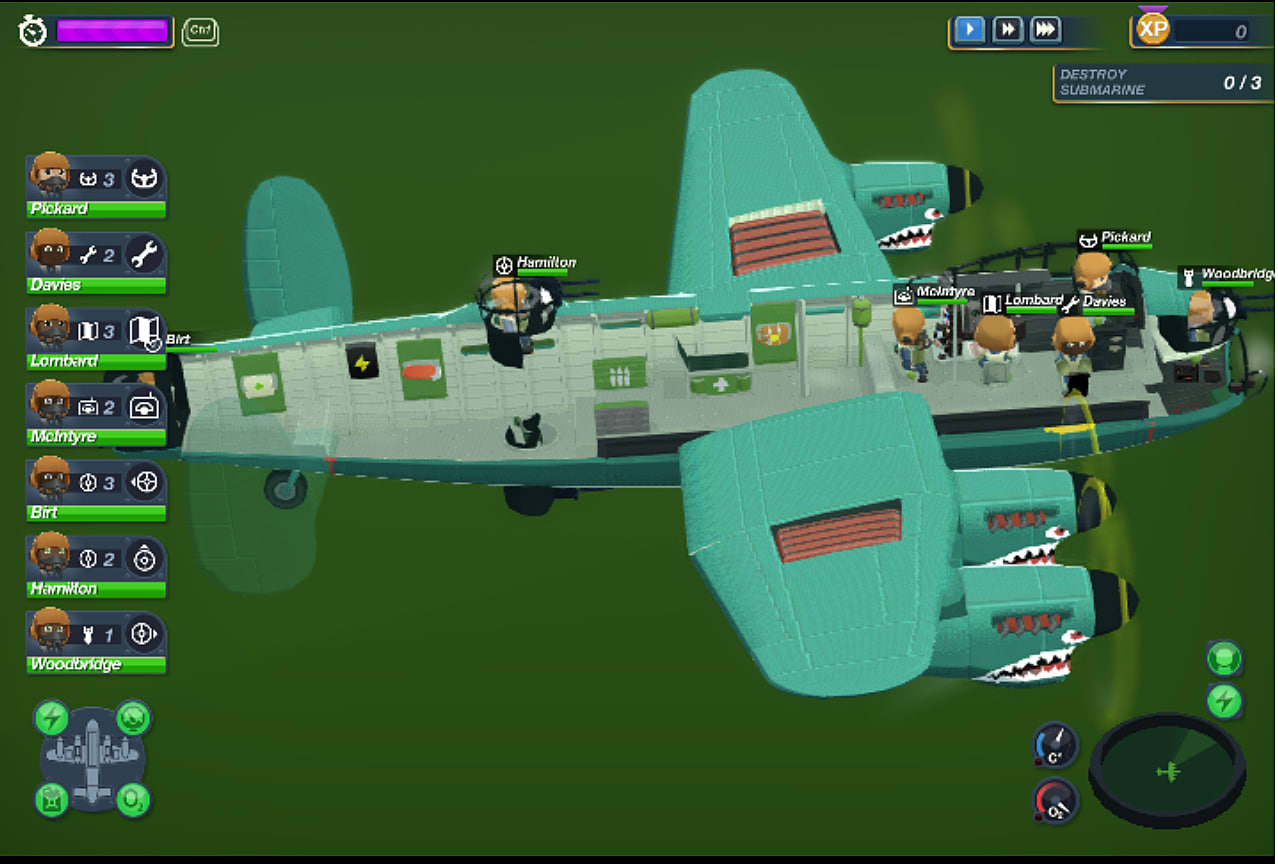

However he stuck at it and actually found that meeting and greeting young Cheltenham ladies over the bank counter significantly enhanced his social life.

The discipline of working life came as an enormous shock to his system! He was a practical, outdoorsy sort of chap and he became incredibly bored very quickly. A family friend suggested he should become a Bank Clerk with a view to a career in banking and he joined Barclays in Cheltenham. He was very mechanically minded and maintained his father’s Baby Austin Seven and Morris. He played a great deal of competitive tennis and enjoyed local dances, parties and Hops. He is described as being very affable, easy going, with a quick wit. When he left school and returned to the rectory he had very little idea of what he wanted to do in life. They did not mix with the local village children.Īt the age of 10 years, Charles was sent to a small boarding school in Somerset and passed the next 6-7 years there without event or much in the way of academic achievement. They played with other relatively well to do children from the local area and one little girlfriend used to arrive in a small carriage drawn by two white goats with Nanny (of human variety not goat) running behind. The large and comfortable Rectory had 4-5 servants and the children had a Governess at home for their first 5 years of schooling. They were often out in the local meadows and woods all day. There was just one elder sister Myfanwy and the children led an idyllic rural life climbing trees, bird nesting and running through the woods with their butterfly nets. He rarely left the hallowed confines of his study apart from a weekly visit to the cinema in Cheltenham. His father Thomas was Rural Dean for a wide area of the mid Cotswolds including neighbouring Northleach. The living for a Clergyman at the turn of the 19th century in a rural and affluent area was often in the gift of the local Patron and was the ideal income earning solution for second or third sons of the upper middle or Aristocratic classes. They led a comfortable and privileged lifestyle, a way of life that would vanish altogether in the subsequent 20- 30 years. Both parents were descended from a long line of habitually interbred and rather dour Welsh Anglican Clergy and were third cousins. I also read about his early days in her handwritten memoirs, I felt compelled to try and find out more about the disappearance of Charles.Ĭharles was born in October 1911 to the Rev Thomas Rowland and Mabel Theodora (Dora) Pugh at the Rectory, Hampnett in Gloucestershire. I also discovered a bundle of his letters home tied with white ribbon amongst his sister’s papers.
BOMBER CREW TRAINER SERIAL NUMBER
On the Forces War Record website he is simply recorded as killed in action but it was here that I managed to find his official service number, his squadron and the serial number of his plane. The family were told that there had been a radio fault which partly accounted for the lack of any further information. The Squadron Operational Record (ORB) records indicate that OJ-H took off from Mildenhall bound for Hamburg at 22.37 on the 10 May and then went “missing”. He was recorded as missing, presumed killed in action, exactly where or how he had died, remained a mystery. It was their tenth night time sortie from the Suffolk airbases of Mildenhall and Lakenheath.įor seventy-one years, Charles’s family knew nothing of these events. Charles had just completed 18 months of bomber pilot training and the crew had been together for under a month. Her Captain was Sergeant (Sgt) John Keymer RAFVR with Sgt Thomas Charles Pugh known as “Charles” as Co Pilot. It was here in the early hours of the morning of May 11th 1941 that Wellington Bomber R1512 call sign OJ-H and her crew of six simply vanished without trace into the North Sea. The German coastline off Wesselburen immediately north-east of the mouth of the river Elbe and the port of Hamburg is grey, flat and desolate. In memory of Sgt Thomas Charles Pugh and the crew of Wellington Bomber R1512


 0 kommentar(er)
0 kommentar(er)
